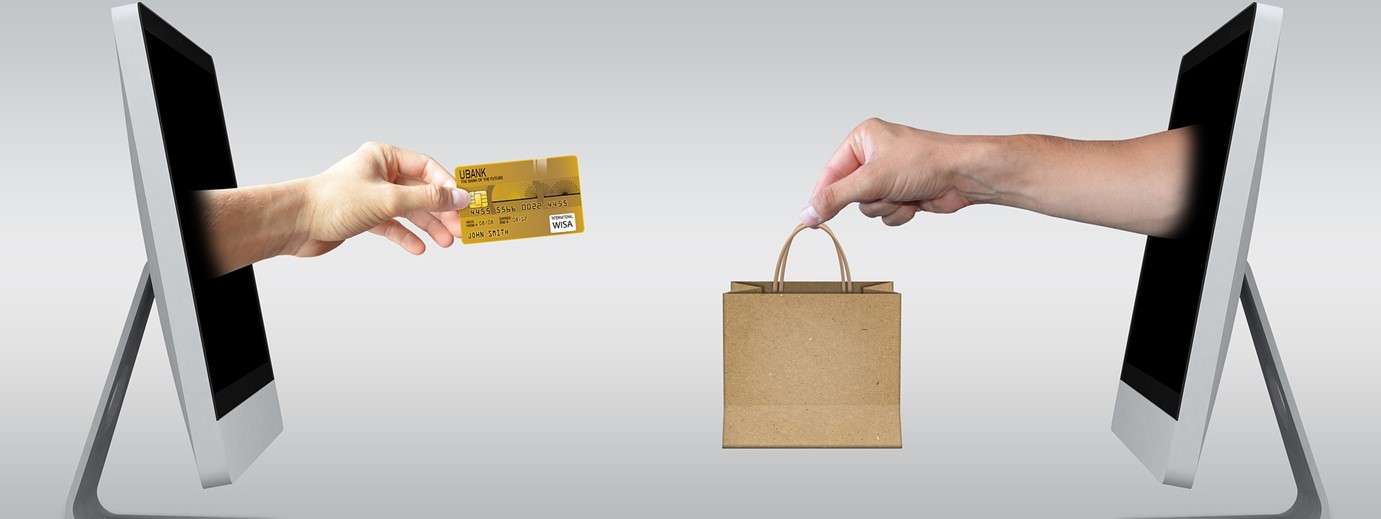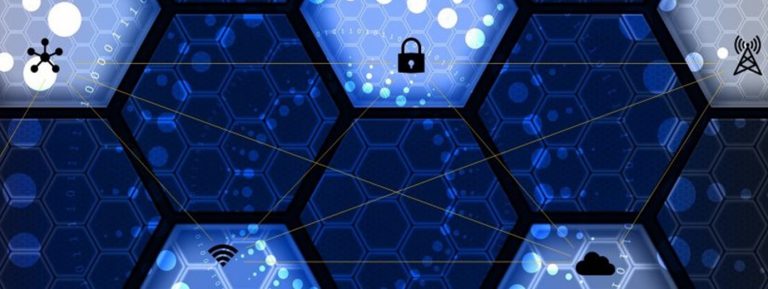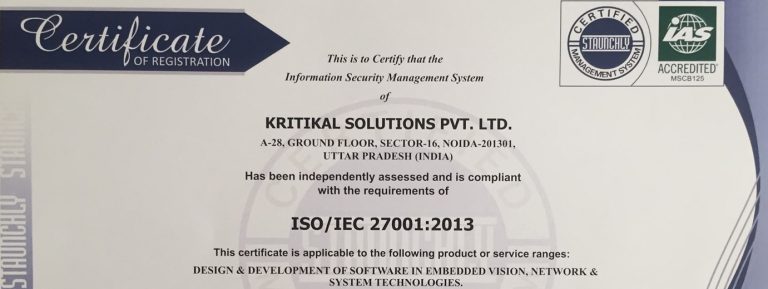
Stepping into an era where data is the new oil, entrepreneurs belonging to disparate industries are increasingly harnessing the power of data to improve their operations, serve the customer better and create new business opportunities to perk up the profitability metrics. The Internet of Things (IoT)– a catch-all term used to describe the interconnected ecosystem of internet-enabled objects where devices, sensors, datahubs, networks, microprocessors communicate with each other on their conditions and whereabouts– is ushering the retail industry by offering limitless opportunities. Be it highly personalized shopping experiences or remote interactions with products, IoT is now becoming a real game-changer in the retail supply chain.
A recent study conducted by Retail Systems Research found that 72% retailers have IoT related projects underway
The Internet of Things – A Big Deal in Retail
As the retail world is shifting focus from selling products to selling customer experiences, it has become immensely important for retailers to know their customer needs to embark on an exceptional customer experience journey. However, knowing customer concerns has been a tricky task for online merchants–as a result, the retail industry faces the greatest risk of losing a customer. On top of that, almost 8 out of 10 customers don’t give retailers a chance to fix their issues before moving to the next giant of e-commerce. Fortunately, the IoT Wave can help retailers take away all the pain points of customers. Additionally, it helps retailers in leveraging real-time data coming from IoT sensors to know when a product is going out-of-stock or what customers have bought that day. In this way, the digitalized future of connected devices isn’t just transforming the lives of consumers– they are dramatically redefining the way the retail industry works to bring about disruption.
According to a research by Zebra, 70% of retail decision makers across the globe are ready to adopt the IoT to improve customer experiences
Through this blog post, you will learn how IoT is blurring the gap between different departments in a retail supply chain to stop the customer churn and thus drive great customer experience.
The Top challenges faced by the retail industry

Improving Customer Experience with IoT
Today’s tech-savvy consumers expect seamless shopping experiences across every touchpoint, whether it’s a brick-and-mortar store, an e-commerce website, or a mobile app. By implementing IoT technologies, retailers can transform and become experience-based retailers. This amalgamates the online and in-store experience for customers to enhance the customer experience. In the awaited ‘connected store’, everything from electronic shelf labels with dynamic pricing and self-checkout through mobiles to digital signs that recognize a person’s identity and then tailored promotions to the individual will exist that will surely and completely change the game in terms of the consumer experience. The technology behind this concept is long-range, low-power Wi-Fi that will allow retailers to inroad IoT into the store that really makes sense.
Dan Mitchell, a retail industry consultant at SAP cited that, “the learning curve period is a critical stage for retailers to understand the true value of sensor data to make better merchandising and marketing choices.”
Superior omnichannel support requires 90% inventory accuracy or greater to enable consistently excellent customer experiences.
Source: Zebra 2017 Retail Vision Study
Ensuring a robust supply chain with IoT
In the forthcoming time, IoT technologies may play a vital role in retail supply chain and delivery operations. One of the top C-level executives at Walmart formulated that “retail is detail – if retailers want to stand ahead, they must go through the minutest details of where the goods are and how up-to-date they are.” IoT’s untapped potential not only will allow retailers to gain better visibility, such as identifying within minutes when goods will be delivered, it can also help in loss prevention and be used to measure the impact of weather conditions such as heat, on moving through the supply chain.
Automating and optimizing the retail supply chain is one of the key focus areas amongst retailers to ensure a healthy supply chain. Getting ‘on-shelf-availability’ during rush hours is possible with a highly-responsive IoT-enabled supply chain system, shelf-sensors in the stores and warehouse systems that automatically order & re-order goods when the inventory reaches a certain threshold. RFID tags and sensors are one of the most important IoT technologies for tracking products that some companies have already started working on. With RFID, retailers can increase inventory accounting accuracy, reduce out-of-stock and overflow, all of which can lead to a healthy business outcome.
The Bottom Line
In the Retail Segment specifically, the biggest obstacle for organizations to overhaul is how to manage, analyze, and act on the reams of data flowing in from all the IoT sensor devices. Though capturing data is a challenge in itself, further distilling the data to transform it into usable information is the biggest task. To quickly penetrate customer behavior and dig out insights by removing noise, high-performance analytics must be applied. While IoT may seem like science fiction here to fit in, but it is on the radar of tech enthusiasts of retail to really bring disruption within the industry.
Retail is at the beginning stage of the IoT transformation at this time. The important thing which merchants have to understand at this level is that the Internet of Things isn’t just about the sensors and connectivity, it is all about harnessing business profitability through customer engagement, experiences, revenue streams, and business models. The true transformation will get its wings when Companies think out-of-the-retail store-Box and build an end-to-end IoT strategy by collaborating with leaders in high-tech IoT Technology such as KritiKal Solutions.



